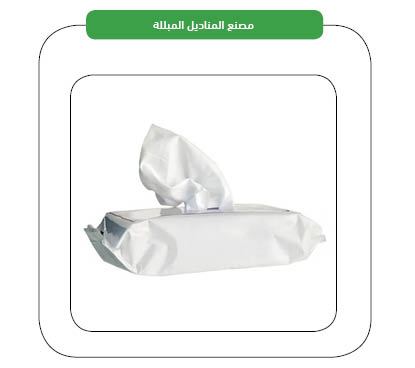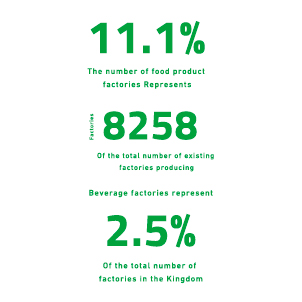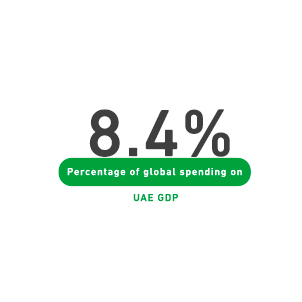Mashroo3k Economic Consulting Company offers a feasibility study for a sterile tissue factory project in Yemen, with the highest return on investment and the best payback period. This study is based on thorough studies of the industrial sector in Yemen, an analysis of the strategies of local and foreign competitors, and the ability to provide competitive pricing.

Mashroo3k Economic Consulting Company provides investors interested in investing in a sterile tissue factory project in Yemen with a set of specialized feasibility studies based on updated databases specific to the Yemeni market. This helps ensure the project’s success, achieves the highest return on investment, and provides the best payback period.
Sterile tissues are a popular commodity in Yemen and represent a daily staple for many women due to their pleasant scent and soft texture on the skin. Their relatively low price also makes them widely available.



Executive summary
Study project services/products
Market Size Analysis
Risk Assessment
Technical study
Financial study
Organizational and administrative study

The Industrial Sector in the Gulf Cooperation Council (GCC) Countries
The industrial sector serves as the cornerstone of global economic growth, with its indicators reflecting the progress and development of nations. The economic power of certain Western countries today is largely attributed to the strength of their industrial sectors. Given the vital role of this sector, “Mashroo3k” presents key insights into the industrial landscape of the GCC countries:
Number of operational factories: 8,258
Licensed workforce: 968,121 workers
Total capital investment: SAR 1,256,616 million
Largest industrial activities by number of factories:
Riyadh (3,332 factories)
Eastern Province (1,877 factories)
Makkah (1,741 factories)
Factory classification:
Small factories: 43.7% of total factories (3,671 factories), employing 111,354 workers
Medium factories: 46.6% of total factories (3,907 factories), employing 379,342 workers
Large factories: 9.7% of total factories (813 factories), employing 477,425 workers
Factories under construction: 1,801 factories, with 78,650 licensed workers and SAR 68,481 million in capital investment
Riyadh’s share of under-construction factories: 40.4% (728 factories)
Total factories: 6,481
Total workforce: 737,126 workers
Number of manufacturing establishments: 32,654
Total manufacturing sector output: AED 448,127 million
Leading industrial activity:
Coke and refined petroleum products with an output of AED 119,787 million
Industrial exports value: Exceeding AED 240 billion
Global competitiveness target: Aiming for 25th place in the Global Industrial Performance Index (previously ranked 38th)
Support for SMEs: Strategy to establish 13,500 small and medium enterprises (SMEs)
Total industrial establishments: 5,539
Total workforce: 160,654 workers
Total industrial output: KWD 35,929.7 million
Factories by workforce size:
1-10 workers: 4,526 establishments employing 24,048 workers, with an output of KWD 250.3 million
11-19 workers: 464 establishments employing 6,871 workers, with an output of KWD 113.1 million
20+ workers: 549 establishments employing 129,735 workers, with an output of KWD 35,566.3 million
Total industrial establishments: 3,467
Total workforce: 161,872 workers
SMEs’ share of total factories: 84%
Manufacturing sector’s GDP contribution: 9.2%
Factories by workforce size:
1-10 workers: 1,799 establishments, employing 8,305 workers
10+ workers: 1,668 establishments, employing 153,567 workers
Total manufacturing establishments: 61,217
Total workforce in the manufacturing sector: 237,000 workers
Manufacturing sector’s GDP contribution: 9.6%
Manufacturing exports’ share of total exports: 31.4%
Annual manufacturing sector growth rate: 6% over the past five years
